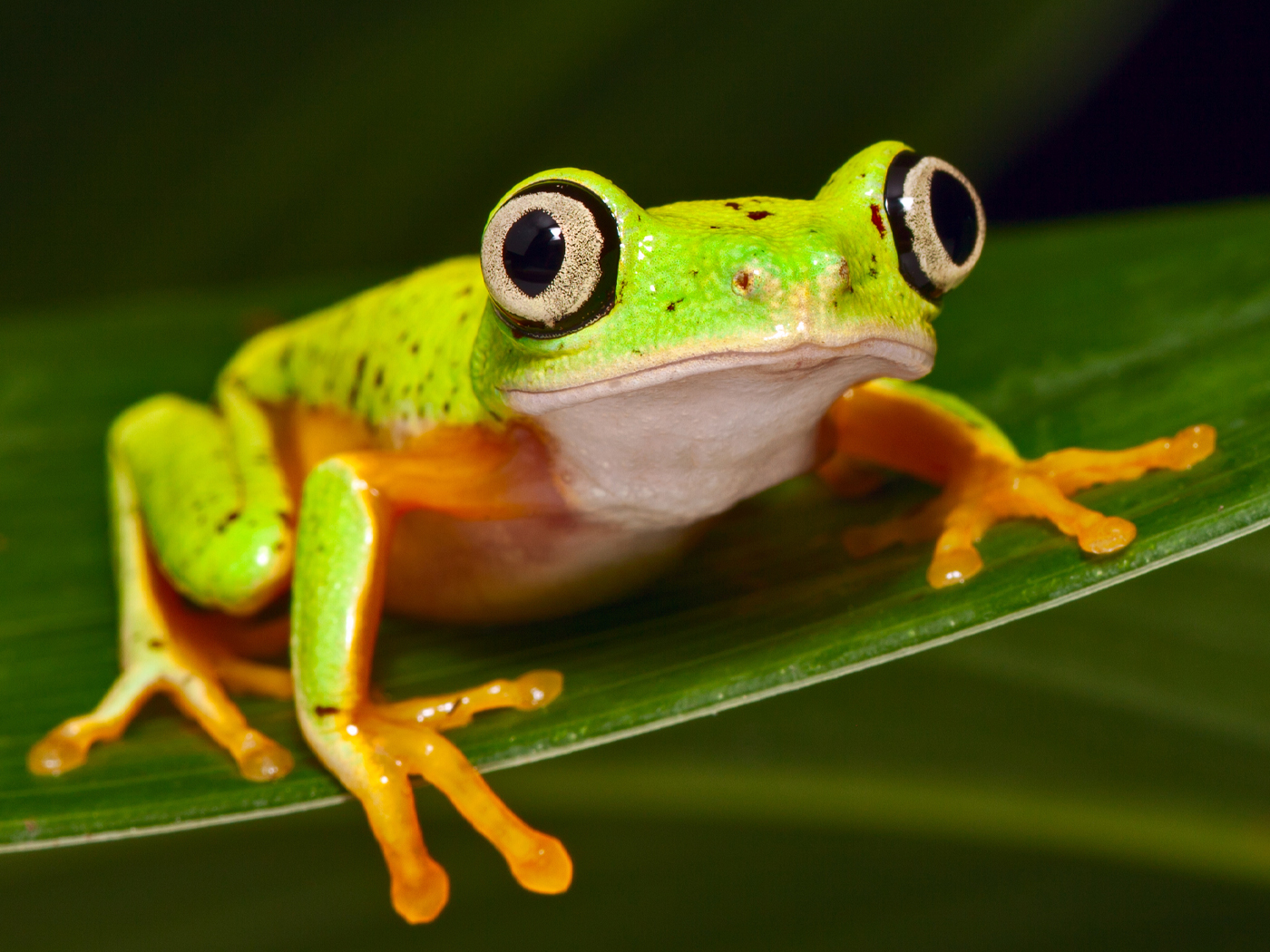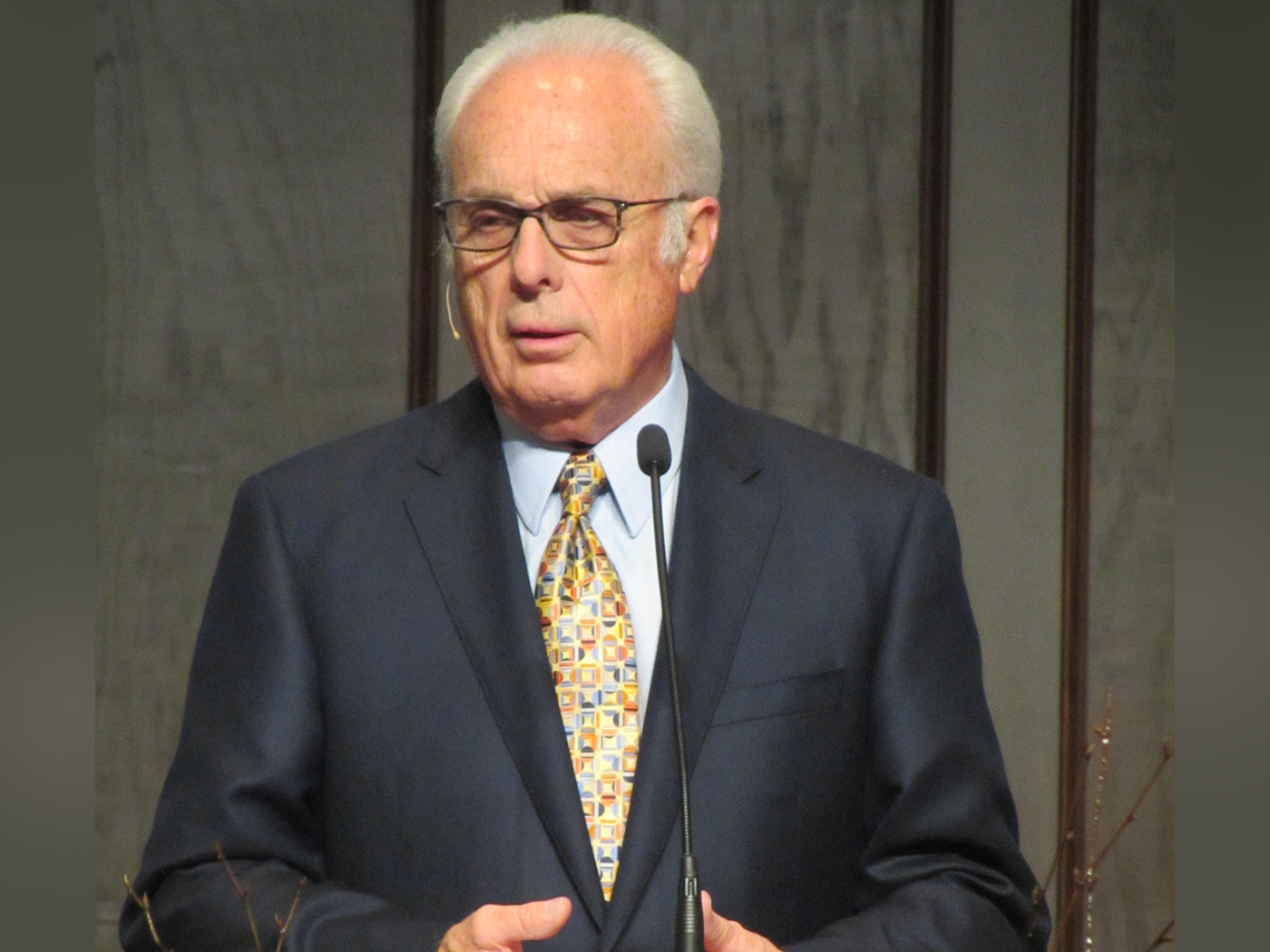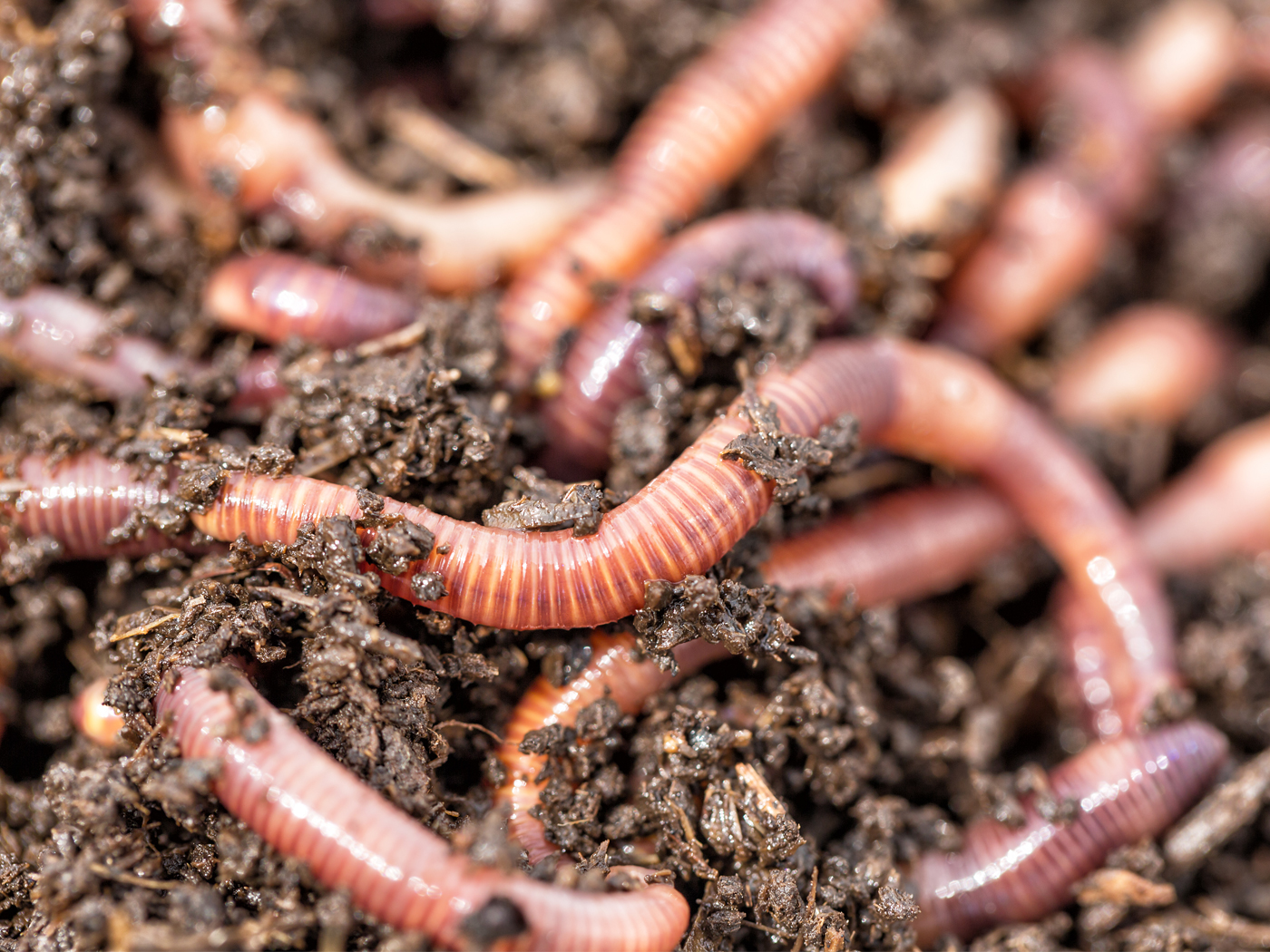Back in 1988, researchers placed bacteria in an environment that pressured them to evolve the ability to metabolize (eat) citrate instead of the standard glucose. After 31,500 generations and 20 years, the bacteria finally ate citrate.1
Actually, this does represent new information acquired by the bacteria. However, the kind of information is critical to the question of whether Darwinian evolution has taken place. There is a difference between originating new information that is less specified, and originating new information that is more specified.
Consider this sentence: “The fear of the Lord is the beginning of wisdom.” It can be mutated thus: “The ear of the Lord is the beginning of wwwisdom.” The mutant form contains new information, but not the kind needed for it to “evolve” to a higher level of meaningful complexity. The “new” information in this example is not both specified and complex—it is complex but unspecified. It is not the kind of specified, complex information necessary to evolve a dinosaur into a bird, for example. This bacteria’s mutated “new information” would be useless for building new features such as hollow bones, continuous lungs, and flight feathers.
Now consider this change from the original: “The fear of the Lord is the beginning of wisdom, and knowledge of the Holy One is understanding.” For neo-Darwinism to be demonstrated, brand new specified information needs to appear, integrated into the original and producing a novel, functional structure. This has not been demonstrated.
Although the bacteria under investigation gained the ability to process citrate, it was likely (although we do not yet know for sure) caused by the loss of their enzyme’s ability to recognize only glucose. It could also represent the expression of a pre-existing but dormant gene—again, nothing new. After all those generations, the tested bacteria remain the same genus and species, Escherichia coli. So far, the bacteria reproduce “according to their own kinds,” just as Genesis states.2
References
- Blount, Z. D. et al. 2008. Historical contingency and the evolution of a key innovation in an experimental population of Escherichia coli. Proceedings of the National Academy of Sciences of the USA. 105 (23): 7899-906. Posted online June 4, 2008.
- Genesis 1:20-25.
* Mr. Thomas is Science Writer.
Article posted on June 16, 2008.

















